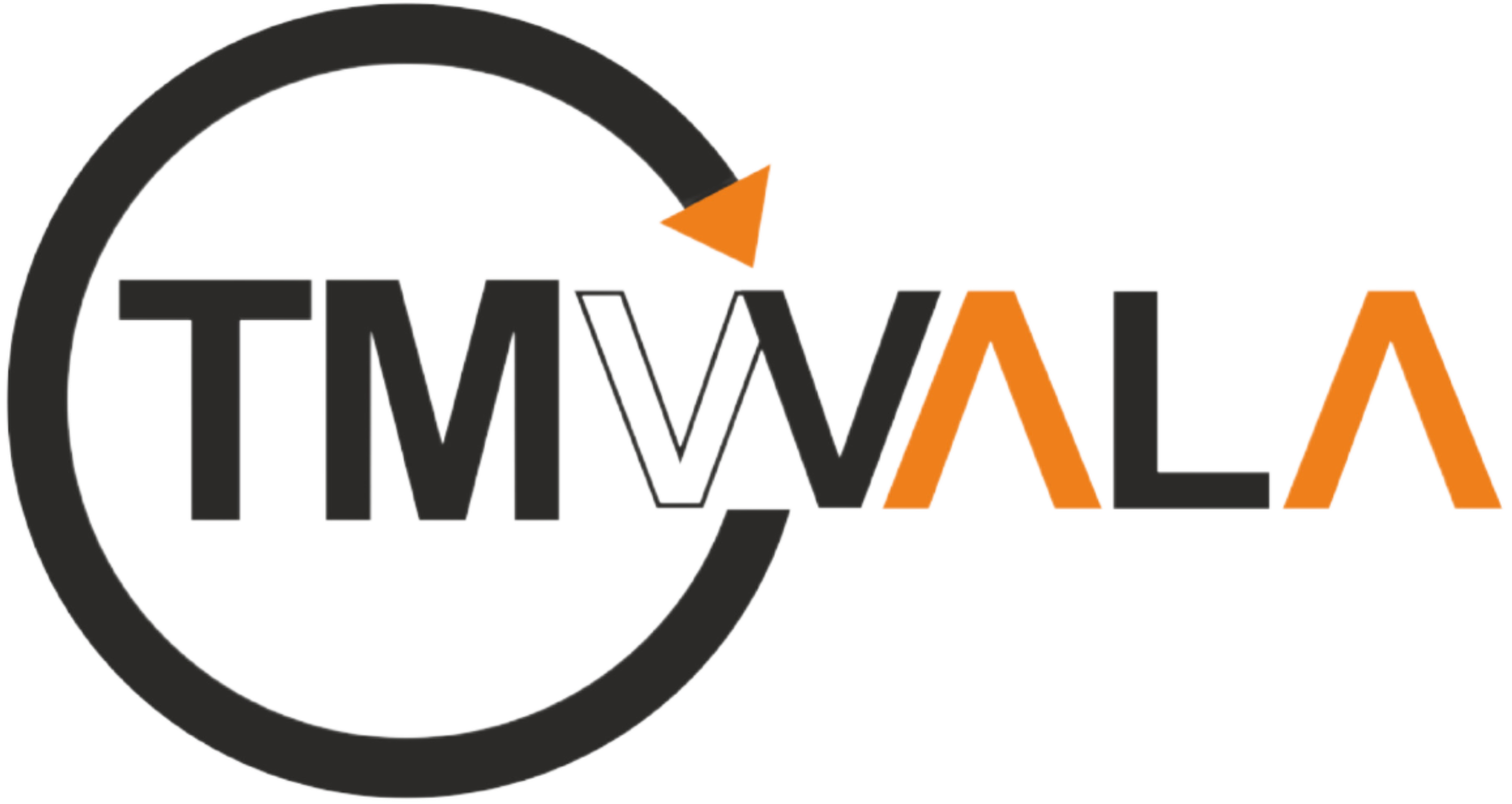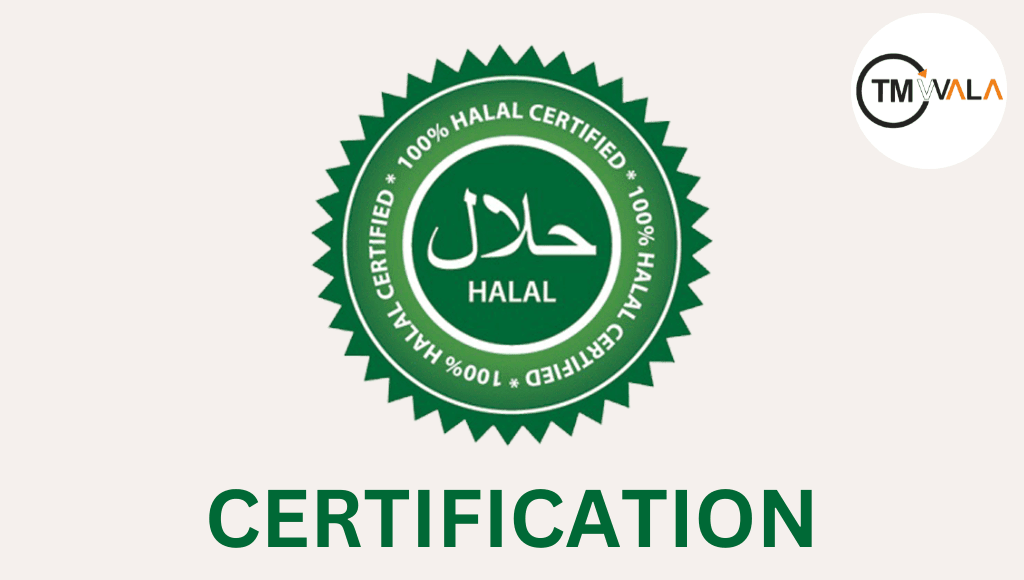What is Halal Certification?
Halal Certification is essential for companies seeking to engage with Muslim customers worldwide. It is a symbol that goods and services abide by stringent Islamic dietary regulations, guaranteeing that they are fit for eating in accordance with Shariah. Strict verification is a requirement of this certification process, which includes obtaining ingredients from vendors who have earned Halal approval and following particular handling and preparation guidelines. Businesses can reach a large market of more than 1.8 billion Muslims by acquiring Halal Certification.
Additionally, businesses can acquire the faith and confidence of customers who are looking for items that are in line with their religious values. In addition to broadening the market, this compliance provides a competitive edge by setting items apart from the competition and showcasing a dedication to moral behavior and consumer protection. It is also beneficial. It also strengthens sanitation and hygiene standards across the production chain and assists companies in adhering to regulations in Islamic regions.
All things considered, Halal Certification is a useful tool for companies trying to suit the varied dietary and cultural demands of Muslim customers across the globe while simultaneously expanding into the Halal market.
What is Halal certification in India?
Several private companies in India offer Halal certification, which certifies that food or items meet the dietary requirements of Muslims according to Islamic law. The Indian government recognizes some of these certification bodies, but not all of them have official recognition. According to news agency PTI, two important organizations that provide Halal approval are Jamiat Ulama-i-Hind Halal Trust and Halal India Pvt Ltd.
The Indian government does not require Halal certification and has not created consistent regulations for it, in contrast to several other nations. For edible consumer products, the Food Safety and Standards Authority of India (FSSAI) certification is still the key prerequisite. The United States Department of Agriculture (USDA) states that acquiring trade licenses for imports or exports in the global marketplace does not require internationally recognized Halal approval. Additionally, at the beginning of 2022, imports of Halal food goods were exempt from special labeling regulations.
Types of halal certification
The types of Halal approval differ based on the nature of the business. In order to satisfy the demands of Muslim customers, restaurants, lodging facilities, slaughterhouses, and packaging suppliers typically apply for Halal Certification. But halal compliance covers more than just food production; it also covers the manufacture of non-alcoholic drinks, pharmaceuticals, healthcare products, traditional herbal items, cosmetics, personal care products, cleaning supplies, and a wide range of consumer goods.
To serve these many industries, certification bodies provide a variety of schemes, including Food and Catering, Restaurant, Industrial, Abattoir, Warehouse or Storage, and Product Endorsement Schemes.
What are the Advantages of Halal Compliance?
- Access to a Growing Market: Obtaining Halal approval allows businesses to access a rapidly growing global market of over 1.8 billion Muslim consumers. This includes not only domestic markets in India but also international markets where Halal products are increasingly in demand.
- Increased Consumer Trust and Confidence: Halal compliance assures Muslim consumers that products and services meet stringent Islamic dietary and quality standards. This builds trust, enhances brand reputation, and fosters loyalty among Muslim consumers who prioritize Halal compliance.
- Compliance with Regulatory Requirements: In states like Kerala and Tamil Nadu in India, Halal approval may be mandatory for certain products or services to be sold. Obtaining Halal Certification ensures compliance with local regulatory requirements, avoiding potential legal or market access issues.
- Global Recognition and Market Expansion: Halal Certification from recognized bodies in India is globally accepted, facilitating market entry into countries with significant Muslim populations, such as the Middle East, Indonesia, and parts of Europe and North America. This opens up new avenues for business expansion and export opportunities.
- Competitive Advantage: Businesses with halal-certified status gain a competitive edge by differentiating themselves in the market. They appeal not only to Muslim consumers but also to a broader audience seeking products with verified quality and compliance with ethical standards.
- Enhanced Export Potential: Halal approval enables easier export of products to international markets where Halal certification is a prerequisite. This includes food products, cosmetics, pharmaceuticals, and other consumer goods, ensuring alignment with global Halal standards and preferences.
- Improved Product Standards and Brand Reputation: Halal standards signify commitment to high standards of hygiene, ethical sourcing, and quality control, enhancing the overall reputation of the business in both domestic and international markets.
- Facilitated Marketability and Authenticity: The Halal logo serves as a mark of authenticity and credibility, protecting businesses from false claims and bolstering consumer confidence in the authenticity of their products and services.
In summary, obtaining Halal Certification not only meets regulatory requirements but also unlocks new market opportunities, enhances consumer trust, and strengthens the competitive position of businesses in the global marketplace. It underscores a commitment to quality, ethics, and cultural sensitivity, essential for sustainable growth and market success.
What are the Requirements for Halal Certification?
- Requirements for Ingredients: Every ingredient used in the product has to meet Halal requirements. This implies that they must not come from non-Halal animals and that no non-Halal ingredients or preservatives may be used.
- Production Methodology: The production methodology must adhere to the requirements of Halal cooking. This entails using cleaning products certified for Halal and equipment and utensils devoid of non-Halal ingredients.
- Packaging: In order to ensure that no non-Halal materials are utilized or come into contact with them during manufacture, the packaging materials used must be certified Halal.
- Storage and Transportation: Goods need to be handled with care to preserve their Halal integrity during storage and transit. This entails using cars that are free of non-Halal pollutants and specialized storage facilities.
- Certification: Companies need to get a Halal Certificate from an authorized certification organization that has been approved by the Indian Halal Board. This certification attests to the product’s compliance with Halal criteria throughout the manufacturing process.
- Compliance: It is imperative that companies follow all applicable laws and rules concerning Halal Certification in India, including the requirements established by the authorities.
What is the Halal Certification Procedure in India?
Step 1: Application
Businesses seeking Halal Certification must initiate the process by applying to a recognized certification body. We offer support to businesses by guiding them through the application process and ensuring compliance with certification requirements.
Step 2: Audit Process
Upon receiving the application, a team of auditors, typically consisting of a Shariah Auditor and a Technical Auditor, conducts an on-site inspection of the business operations. They evaluate various aspects such as documentation practices, product processing, handling and distribution procedures, storage conditions, cleanliness standards, equipment and machinery usage, and packaging and labeling practices. During this audit, businesses may be required to present criteria for accepting raw materials, certificates of analysis, and individual component Halal certificates. The audit report is then compiled and signed upon completion.
Step 3: Certification Issuance
Following the audit, the Technical Committee of the Halal Certification Body reviews the audit report and accompanying documents submitted by the business. If the audit findings meet the Halal certification criteria and standards, the Certification Body issues the Halal Certificate. This certificate includes details such as the business’s name and address, the scope of certification, and its validity period.
FAQs
- Who provides Halal Certification?
Certification is provided by recognized certification bodies and organizations that specialize in verifying compliance with Halal standards. Examples include Halal India Pvt Ltd and Jamiat Ulama-i-Hind Halal Trust in India. - Why is Halal Certification important?
It is important for businesses aiming to cater to Muslim consumers. It assures them that products meet religious dietary requirements and ethical standards, enhancing consumer trust and marketability. - What types of businesses typically seek Halal Certification?
Businesses such as restaurants, hotels, food manufacturers, cosmetics producers, pharmaceutical companies, and consumer goods manufacturers often seek to cater to Muslim consumers and expand into global Halal markets. - What are the requirements for Halal Certification?
Requirements include the use of Halal-compliant ingredients, adherence to Halal processing and manufacturing practices, ensuring cleanliness and hygiene, and obtaining certification from recognized bodies. - How does a business obtain Halal Certification?
To obtain, businesses typically apply to a body, undergo an audit of their facilities and processes, and if compliant, receive a Halal Certificate indicating their adherence to Halal standards. - Is Halal Certification mandatory in India?
It is not mandatory under Indian law. However, some states and markets may require specific products or services to be sold. - What are the benefits of Halal Certification for businesses?
Benefits include access to a growing global Halal market, enhanced consumer trust, compliance with regulatory requirements in certain markets, improved marketability, and a competitive advantage in Halal-sensitive markets. - Can non-Muslims consume products with Halal Certification?
Yes, products with approval can be consumed by people of all faiths. The certification primarily ensures compliance with Islamic dietary laws but does not restrict consumption to Muslims only. - How long does Halal Certification last?
The validity period varies but typically ranges from one to three years, depending on the issuing body and the type of certification.














